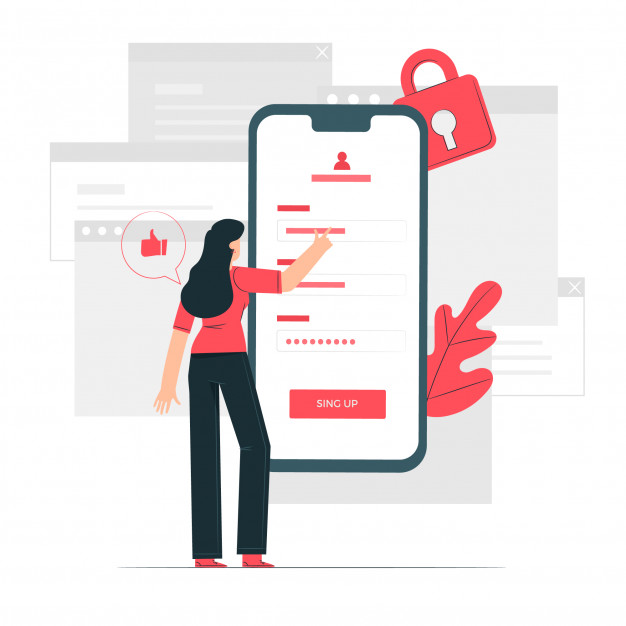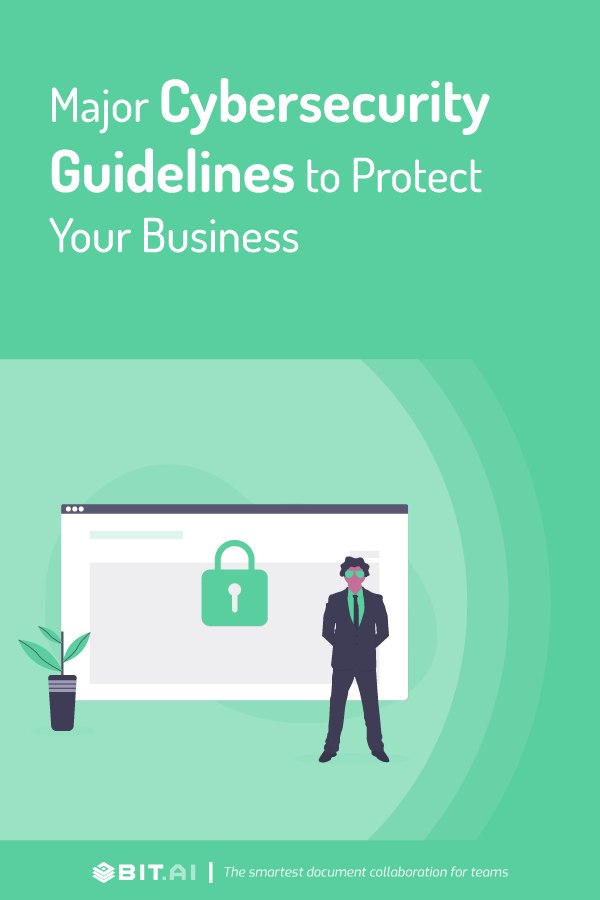The internet is the driving force of today’s businesses. It powers everything we do, from connecting with new clients to distributing goods and services, and a whole lot more.
Unfortunately, the internet does have its share of risks, and small businesses are often the target. Contrary to what you might believe, 71% of all cyber-attacks happen to all companies with 100 or fewer employees.
Why is that? That’s because there’s a two-fold problem going on. Many small firms don’t believe that they have anything valuable worth protecting. This is completely untrue. Even if you’re a solopreneur, you have vast amounts of valuable personal, professional, and customer data.
In addition to this, SMEs tend to have lower security protocols compared to larger counterparts. They may not invest in essential software like firewalls, antivirus software, and VPNs. What is a VPN? A VPN is a powerful network security service that will go into more detail about later.
Small companies can prevent themselves from becoming a victim of cybercrime. Integrating cybersecurity into a business strategy can position itself for expansion and success.
Cybersecurity as a Key Driver of Business Growth
We no longer live in an age where businesses can skirt blame for data breaches. Of course, hackers are criminals, but if you left the back door open, so to speak, then you have to accept part of the blame.
Data breaches result in a serious reputational blow. Take the Equifax hack, for example, that resulted in over 150,000 million custom records being exposed. For most of us, that is the first thing when we hear Equifax. The same also goes for other significant hacks like Marriot, Capital One, and many others.
Then there are direct costs to pay associated with a data breach. Companies are now held accountable for them. Equifax has agreed to pay $575 million in damages for the breach.
Larger firms have the resources to weather the storm. Equifax, Marriot, and all the others will eventually be fine. But small businesses cannot sustain this kind of blow. That’s why over 60% of businesses fold after a cyber-attack.
Investing in cybersecurity, which is neither expensive nor difficult, prevents data breaches and the damage they can do. Likewise, using these tools pays extra dividends by providing your firm with the tech resources they need to compete in the business world.
Read more: Security Policy: Purpose, Types, Elements, and Key Questions
5 Smart Ways to Secure Your Business from Cyber Attacks
Here are five easy steps you can do to increase your business’s cybersecurity. We also include some of the extra perks you’ll get by using them:
1. Start Using a VPN
A VPN or virtual private network encrypts and anonymizes your internet connection making everything you do online much safer. Even better, VPN providers are offering the cheapest monthly VPN plans that give small businesses strong security without a hefty price tag.
Whether that’s editing your website, emailing friends, or taking a Facebook break, using a VPN improves your security significantly. It is the best cybersecurity tool you can get.
At the same time, VPNs have more benefits. You can use them to improve SEO, find better deals on software and other products, and bypass network and geo-based restrictions. That’s why VPNs are the ultimate win-win for SMEs.
Read more: 7 Shocking Reasons to Use VPN at Work!
2. Improve Password Security
66% of people recycle their passwords. Who could remember a unique password for the 90+ accounts the average person has?
Unfortunately, that means if one password fails, it could put all your other accounts in jeopardy. For that reason, investment in a password manager is a good idea. It helps you create, manage, and store passwords all from one secure app.

You can find plenty of amazing affordable options. And using one makes it easier to log in to your accounts while keeping the bad guys out.
While you’re at it, enable multi-factor authentication for all your accounts as well.
3. Practice Clicking Discipline
Most malware is delivered via link or download. For this reason, you need to be careful about anything you click.
This is an easy one. Anytime somebody sends you a file, take a few seconds to confirm whether it’s legit or might be a virus in disguise. It doesn’t matter whether it’s a trusted sender or not. Scan all files and links, and you’ll be much safer.
4. Secure All Devices
Device management is the backbone of security. The security cost of a lost laptop now totals $50,000. All devices must be secured with secure PIN codes and biometrics. Also, you should never leave devices unattended—especially in public places.
 Finally, use tools like Find My Mac or Find My Google, etc. so you can track a device if it is lost or stolen.
Finally, use tools like Find My Mac or Find My Google, etc. so you can track a device if it is lost or stolen.
Read more: Free & Secure File Transfer: How to Protect Your Data While Sharing
5. Update Devices, Apps, and Operating Systems Often
Hackers most often exploit vulnerabilities in software to target users. The good news is that most developers stay on top of this and issue patches to keep you safe. All you have to do is an update.
Turn on automatic updates on all your devices. Also, check 1-2 times per week to see if a developer has issued an urgent update you should download right away.
While updating, backup all your data, so you always have access to it.
Security doesn’t have to be difficult. Invest in these affordable tools and integrate these easy tips into your daily device usage. By doing so, you’ll protect your company and give it the resources it needs to succeed and grow.
Further reads:
Information Security Plan: What is it & How to Create it?
Two-factor Authentication (2FA): What is it, it’s Types and Importance!
Social Media Security: Definition, Risks, Types & Protection Tips



